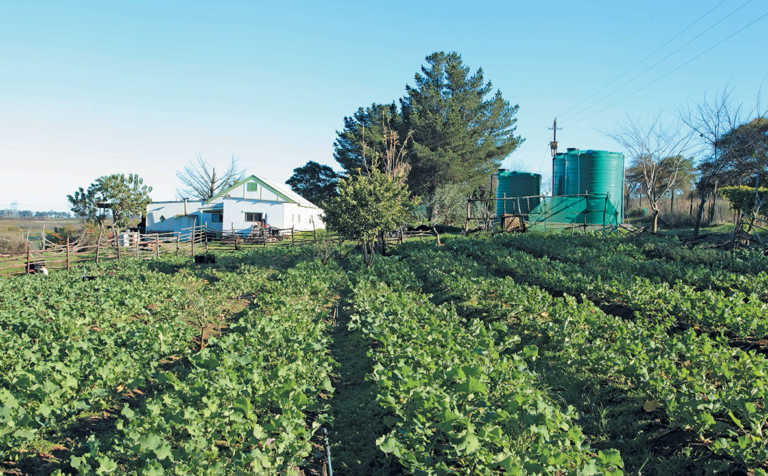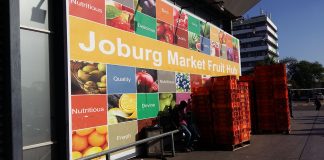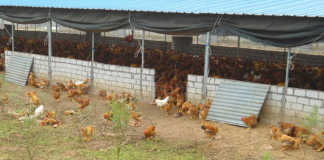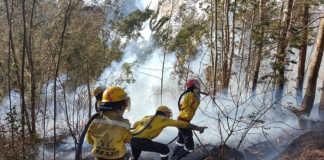
The African Farmers’ Association of South Africa (AFASA) and the Department of Agriculture, Forestry and Fisheries needed to collaborate to build on AFASA’s work to support black farmers in accessing markets, land, water and energy.
This was according to the association’s president, Dr Vuyo Mahlati, who was speaking
at the AFASA Agribusiness Transformation Conference. Mahlati said Minister of Energy Jeff Radebe had agreed that AFASA establish an energy desk.
“A committee [drawn from] AFASA and the Department of Energy, [as well as Eskom], will be formed to assist farmers who have land without electricity,” she said.
With regard to market access, Mahlati said the director general of the Department of
Telecommunications and Postal Services, Robert Nkuna, had suggested using an e-commerce platform to assist farmers.
“We also have an offtake agreement in partnership with the private sector [and] we need to find ways to incorporate the [e-commerce platform] with our aggregated procurement platform, which aggregates different farmers’ commodities to [fulfil] orders required by buyers,” said Mahlati.
She added that the transformation of the agriculture sector was taking too long, and that AFASA had engaged various commodity associations to work with black farmers to accelerate transformation.
However, many of these meetings were reportedly held in Afrikaans, and black farmers could not understand the language.
This had resulted in farmers organising themselves.
“We [however] realise the importance of collaboration across the board, [and that] the linkages between big and small farmers is an opportunity,” she said.
“Through the Agriculture Sector Unity Forum, which includes various unions [and organisations] such as TAU SA, the National African Farmers’ Union and Agri SA, we continue to work together because we believe [this is] necessary to create transformation and equality in the sector,” she said.











